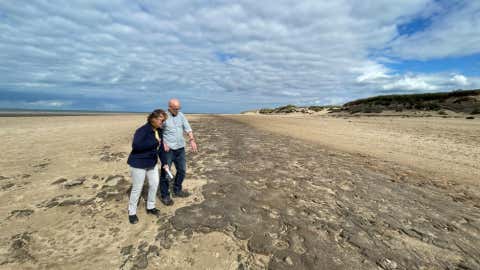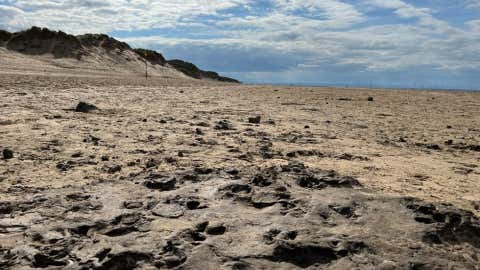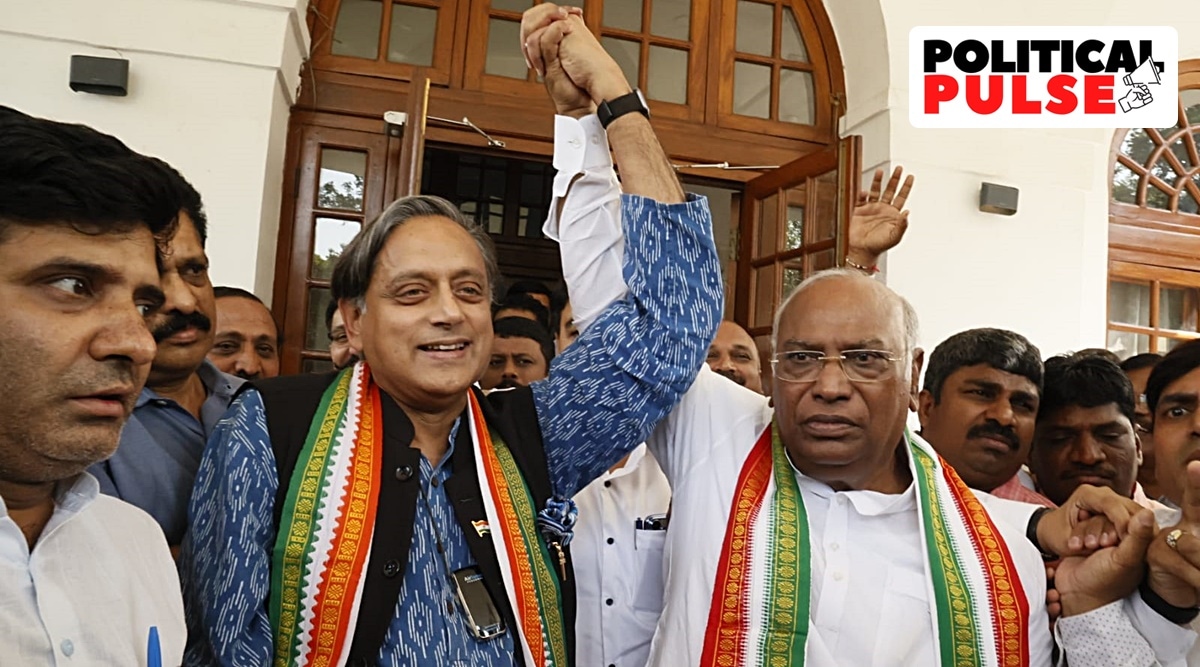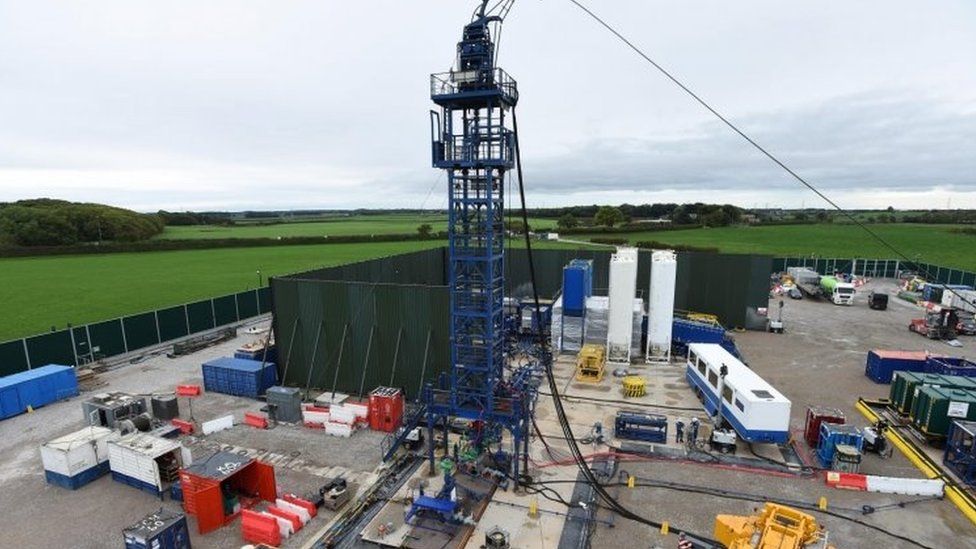Nestlé and Procter & Gamble reported resilient earnings as they brought in more money from selling fewer goods.

By Isabella Simonetti
Oct. 19, 2022
Nestlé and Procter & Gamble, two of the world’s largest consumer-facing companies, continued to raise prices last quarter, generating higher sales even as shoppers, squeezed by inflation, cut back on the amount of cereal, yogurt, detergent and other goods they bought, the companies reported on Wednesday. Executives also said that the prices would remain high in the coming quarters.
Nestlé, the Swiss conglomerate whose brands include Kit Kat and San Pellegrino water, raised prices by 9.5 percent in the third quarter versus the same period last year, up from a 7.7 percent increase in the previous quarter. The effect of accelerating prices was reflected in a small decline in the volume of goods sold in its latest quarter, the first fall in years.
“The challenging economic environment is a concern for many people and is impacting their purchasing power,” Mark Schneider, Nestlé’s chief executive, said in a statement. The company said that it expected its profit margin for this year to come in at 17 percent, down from 17.4 percent the year before.
“Pricing will need to continue when it comes to the remainder of this year and next year as we’re still in catch-up mode towards repairing and restoring our gross margin,” Mr. Schneider said on a call with analysts. Nestlé also announced on Wednesday that it intended to acquire the Seattle’s Best Coffee brand from Starbucks for an undisclosed price.
Procter & Gamble, the maker of Crest toothpaste and Charmin toilet paper, raised prices by 9 percent in its latest quarter. Sales volumes fell by 3 percent, mostly because of lower sales in Russia. The company’s third-quarter profit was just under $4 billion, about 4 percent lower than in the previous year.
The company, which is based in Cincinnati, said that profit growth for its current fiscal year was likely to be close to flat, held back by $600 million in extra costs it had not expected last quarter resulting from higher commodity and freight costs and the strong dollar.
Procter & Gamble’s chief financial officer, Andre Schulten, told analysts that when it came to the path of future sales, “we continue to believe that the majority of that growth will be price driven with a negative volume component, as you would expect given the inflationary pressure.”
The results from the consumer giants show how rising costs of raw materials, labor and transport increase sticker prices for a variety of products in stores, a factor behind rapid inflation in the United States, Europe and elsewhere. Shoppers have cut back on some purchases, but Nestlé, Procter & Gamble and other consumer giants, like PepsiCo, have recently revealed more robust earnings than many analysts expected, suggesting that many consumers are still able to absorb higher prices.
This creates a challenge for the Federal Reserve and other central banks, which are on a campaign to bring down inflation by cooling their economies via higher interest rates.












